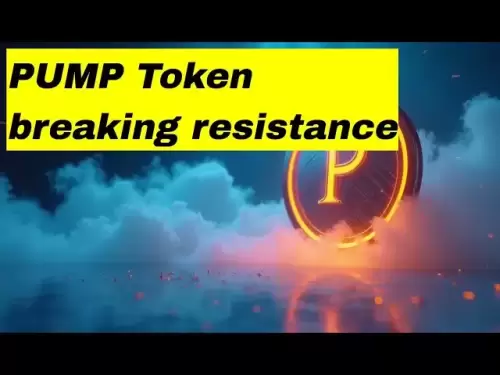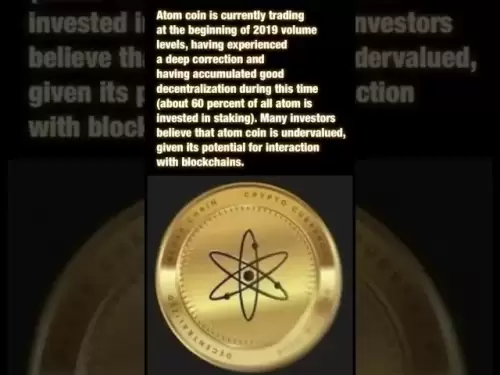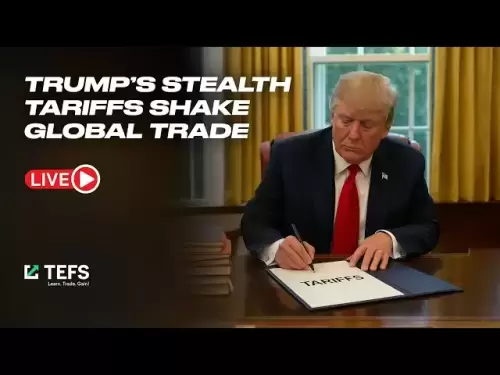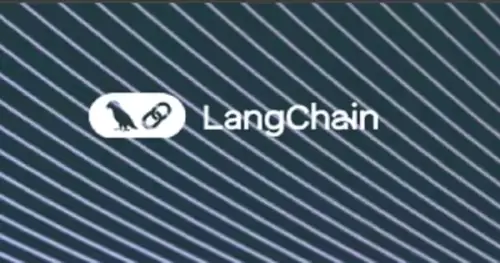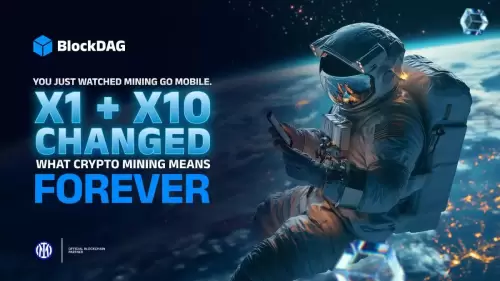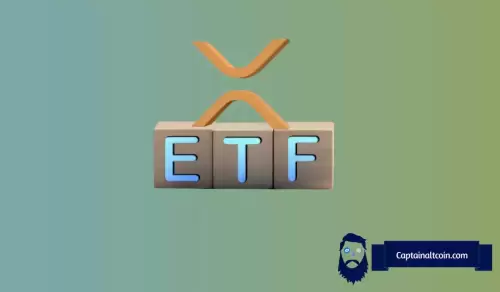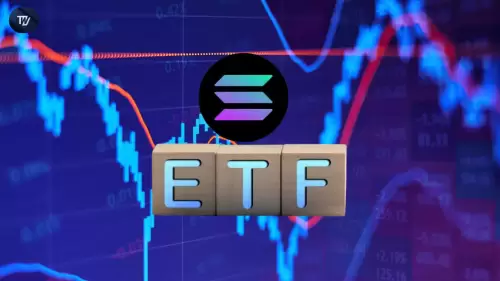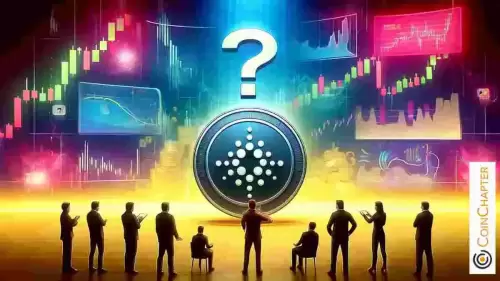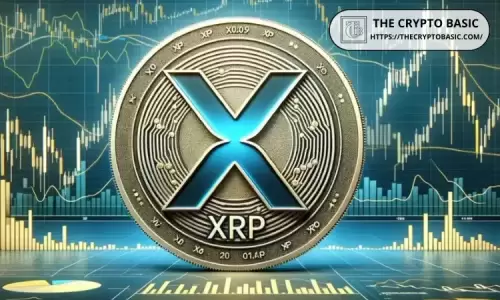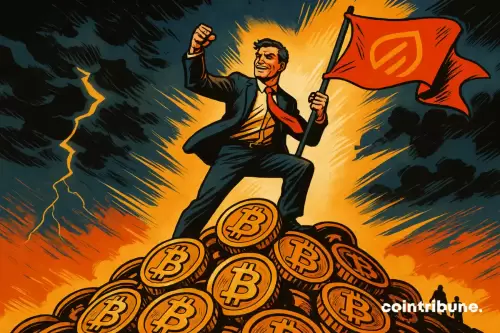 |
|
 |
|
 |
|
 |
|
 |
|
 |
|
 |
|
 |
|
 |
|
 |
|
 |
|
 |
|
 |
|
 |
|
 |
|
澳大利亞的新研究正在鋅電池世界中浪潮,有望更便宜,更安全,更持久的儲能。

Zinc batteries, long seen as a promising alternative to lithium-ion, are getting a serious upgrade. The buzz is all about a potential breakthrough in stability, and it could change how we store energy on a large scale.
長期以來,鋅電池是鋰離子的有前途的替代品,正在認真升級。嗡嗡聲是穩定性的潛在突破,它可能會改變我們大規模存儲能量的方式。
The Zinc Battery Comeback
鋅電池復出
For years, zinc batteries have been touted as a safer, cheaper, and more sustainable option than their lithium-ion counterparts. The problem? They haven't been quite as powerful or long-lasting. But researchers in Australia may have just cracked the code, addressing what they call a “critical bottleneck” in cathode manufacturing.
多年來,鋅電池一直被吹捧為比其鋰離子對應物更安全,更便宜,更可持續的選擇。問題?他們沒有那麼強大或持久。但是澳大利亞的研究人員可能只是破解了代碼,解決了他們所謂的陰極製造中的“關鍵瓶頸”。
The Dry Electrode Revolution
乾電極革命
Professor Shi-Zhang Qiao and his team at the University of Adelaide have pioneered a new dry electrode technique that could be a game-changer. Instead of the traditional wet mixing of iodine, they're mixing active materials as dry powders and rolling them into thick, self-supporting electrodes. Think of it like making a super-dense, power-packed pancake.
Shi-Zhang Qiao教授及其阿德萊德大學的團隊開創了一種新的干電極技術,可能會改變遊戲規則。它們不是傳統的碘混合,而是將活性材料混合為乾粉,並將其滾成濃稠的自支撐電極。可以想像它像製作超密集的,動力飽滿的煎餅。
And here's the kicker: they're adding a dash of 1,3,5-trioxane to the electrolyte. This turns into a flexible protective film on the zinc surface during charging, preventing those pesky dendrites from forming and shorting the battery. It's like giving the zinc anode a tiny bodyguard.
這是踢球者:他們在電解液中添加了1,3,5-三氧烷的儀表。在充電過程中,這變成了鋅表面上的柔性保護膜,從而阻止了那些討厭的樹突形成和短路電池。這就像給鋅陽極一個小的保鏢。
Why This Matters
為什麼這很重要
This new technique allows for a record-high loading of active material – a whopping 100mg per cm2, compared to the wet-processed electrodes which typically top out below 2mg. Plus, these dense, dry electrodes reduce iodine leakage, further boosting performance. The result? Pouch cells retained 88.6% of their capacity after 750 cycles, and coin cells kept nearly 99.8% after 500 cycles.
這項新技術允許具有創紀錄的活性材料加載 - 與通常在2mg以下的濕處理電極相比,每CM2高達100mg。另外,這些緻密的干電極會減少碘洩漏,進一步提高性能。結果?袋細胞在750個週期後保留了其容量的88.6%,在500個週期後,硬幣細胞保持近99.8%。
The Future of Energy Storage
儲能的未來
Professor Qiao believes this technology could benefit energy storage providers, especially for renewable integration and grid balancing. Industries needing large, stable energy banks, like utilities and microgrids, could be early adopters. They're even exploring reel-to-reel manufacturing to scale up production.
Qiao教授認為,這項技術可以使儲能提供商受益,特別是對於可再生的整合和網格平衡。需要大型穩定能源銀行(例如公用事業和微電網)的行業可能是早期採用者。他們甚至還探索捲捲到卷積製造以擴大生產。
The team is aiming to double the overall system energy density from around 45 watt-hours per kilogram (Wh/kg) to around 90 Wh/kg. While still behind lithium-ion batteries (150–250 Wh/kg), the improved stability and cost-effectiveness make zinc batteries a serious contender.
該團隊的目標是將整個系統能量密度從每公斤約45瓦小時(WH/kg)增加到約90 WH/kg。雖然仍在鋰離子電池(150-250 WH/kg)後面,但提高的穩定性和成本效益使鋅電池成為嚴重的競爭者。
A Grain of Salt (and a Stablecoin Aside)
一粒鹽(旁邊是一個穩定的鹽)
Now, before we declare lithium-ion obsolete, let's keep things in perspective. The energy density still lags behind. But the potential for cheaper, safer, and longer-lasting batteries is undeniable. It's a step in the right direction.
現在,在我們宣布鋰離子過時之前,讓我們保持觀點。能量密度仍然落後。但是,不可否認的是,不可否認的電池便宜,更安全,更持久的電池的潛力是不可否認的。這是朝正確方向邁出的一步。
Speaking of stability, it’s not quite the same thing, but have you ever heard of stablecoins? They're the chilled-out cousins of regular cryptocurrencies, attempting to stay close to the value of something stable, like the US dollar or gold. Unlike Ethereum, which is as stable as a toddler on a trampoline, stablecoins try to keep it cool. The goal is to have digital assets without the price rollercoaster ride. Kinda like zinc batteries compared to lithium. Just remember to do your homework!
說到穩定性,這不是完全一樣的事情,但是您聽說過穩定的嗎?它們是常規加密貨幣的冷淡表兄弟,試圖保持接近穩定物品的價值,例如美元或黃金。與以太坊(以太坊)與蹦床上的幼兒一樣穩定,Stablecoins試圖保持涼爽。目的是讓數字資產無需過山車。與鋰相比,有點像鋅電池。只要記住做作業!
The Bottom Line
底線
This breakthrough in zinc battery stability could be a game-changer for large-scale energy storage. Cheaper, safer, and longer-lasting batteries? Sign us up! It looks like the future of energy storage might just have a little more zinc in it. Who knew?
鋅電池穩定性的突破可能是用於大規模儲能的遊戲改變者。更便宜,更安全,持久的電池?註冊!似乎儲能的未來可能只有更多的鋅。誰知道?
免責聲明:info@kdj.com
所提供的資訊並非交易建議。 kDJ.com對任何基於本文提供的資訊進行的投資不承擔任何責任。加密貨幣波動性較大,建議您充分研究後謹慎投資!
如果您認為本網站使用的內容侵犯了您的版權,請立即聯絡我們(info@kdj.com),我們將及時刪除。
-

- 導航加密市場:比特幣,交易者體驗並避免噪音
- 2025-08-02 00:05:14
- 解碼加密市場:比特幣的影響力,交易者見解以及如何避免社交媒體陷阱以進行智能投資。
-

- 深度代理,AI任務管理和進化AI:一個新時代?
- 2025-08-02 00:04:55
- 潛入深層代理商的世界,並發現他們如何使用Claude Code和Manus等工具徹底改變AI任務管理。
-

- SPX6900,Blockdag和礦工銷售:加密趨勢的紐約分鐘
- 2025-08-01 22:00:25
- SPX6900面臨潛在的更正,Filecoin等待突破,而BlockDag的創新方法驅動了礦工的銷售。
-

-

- Solana ETF動量建立:Sol會加入機構黨嗎?
- 2025-08-01 21:55:52
- 隨著Tradfi巨頭排隊,Solana ETF可以解鎖SOL的大量資本流入。這是Sol機構時代的開始嗎?
-

-

- XRP,比特幣和100萬美元的夢想:加密貨幣現實檢查
- 2025-08-01 21:51:44
- 1,000美元的XRP是否像100萬美元的比特幣一樣瘋狂?我們深入研究辯論,市值和時間表。
-

- 比特幣,策略和利潤:2025年騎加密波
- 2025-08-01 21:46:48
- 探索策略的比特幣賭注如何導致100億美元的利潤以及對加密戰略的意義。在此分析中深入研究趨勢,風險和見解。
-






















